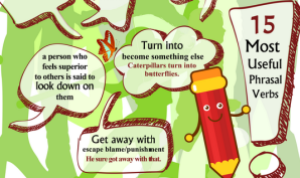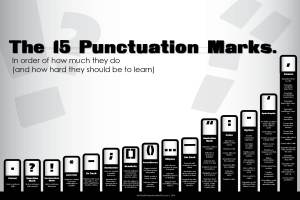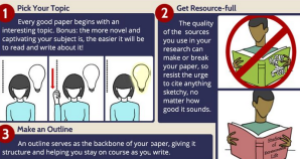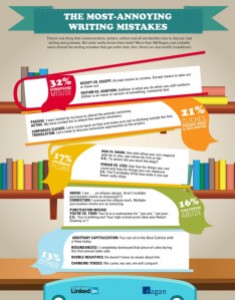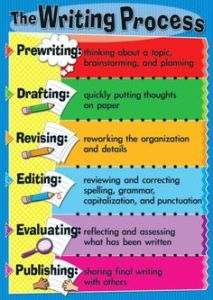 Many of our academic librarians are already done for the academic year, public librarians are gearing up for summer reading programs, and our K-12 audience is usually coming to the finish line on fumes. Just in case you want to throw your hands up in the air and simply storm out of the worksite at year end, dig deep, and consider taking the time to reflect on the year. Seriously…even if it felt like this year almost killed you! I find it enormously helpful to take a breath, get honest, and take stock about this time of year. Consider the following questions, and write down (and save) your answers if at all possible.
Many of our academic librarians are already done for the academic year, public librarians are gearing up for summer reading programs, and our K-12 audience is usually coming to the finish line on fumes. Just in case you want to throw your hands up in the air and simply storm out of the worksite at year end, dig deep, and consider taking the time to reflect on the year. Seriously…even if it felt like this year almost killed you! I find it enormously helpful to take a breath, get honest, and take stock about this time of year. Consider the following questions, and write down (and save) your answers if at all possible.
- What was hardest this year? Why?
- What brought you joy? How often did you feel joy?
- What do you know you could do better next year?
- What skills must you learn to feel fully up to speed doing your job?
You may be too tired to set goals, but wouldn’t it feel great to have a plan for next year? Wouldn’t it be nice to end next year without feeling completely exhausted, depleted, or sad? The folks at Edutopia recently wrote a Teacher Wellness post about dealing with burnout throughout the year. You will notice one of the strategies is writing it down! A quick read, and you could even save it to put with your notes from this taking stock exercise I described here! You will enter a new academic year confident that you have a plan!
Have a phenomenal summer, you all deserve it.
Patricia-
Image credit: http://tinyurl.com/qc788l4, licensed under CC BY-NC-SA 2.0

